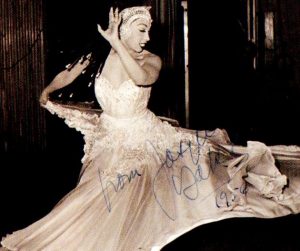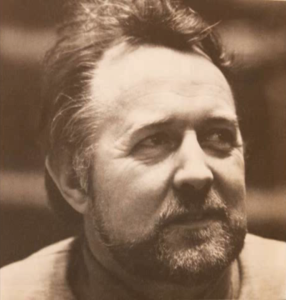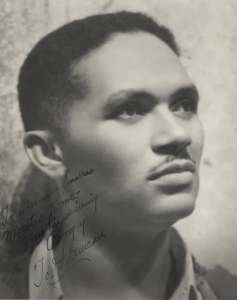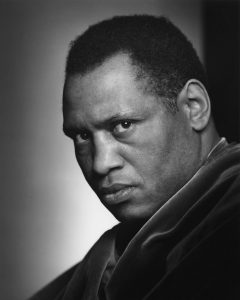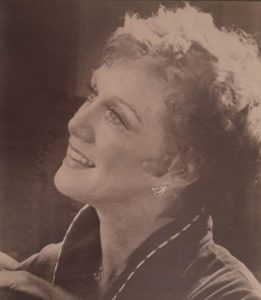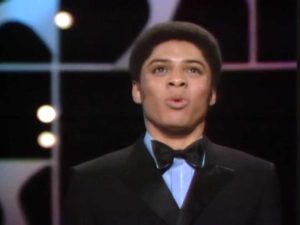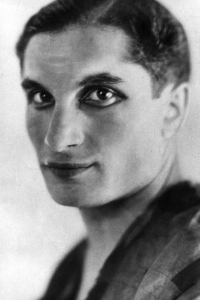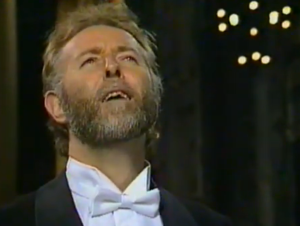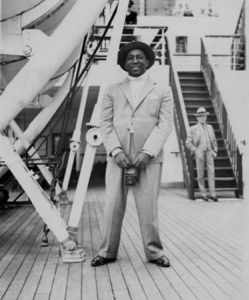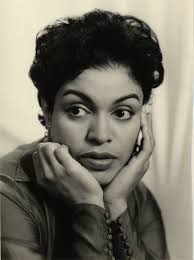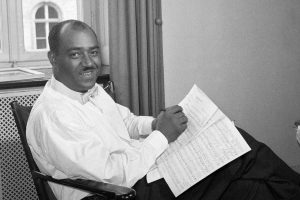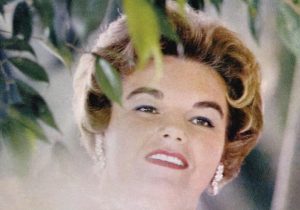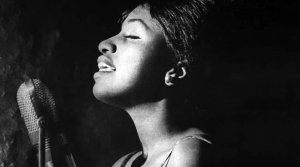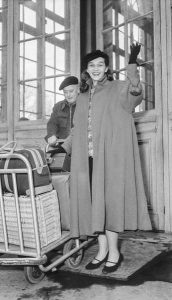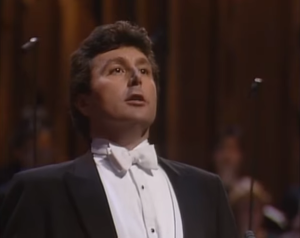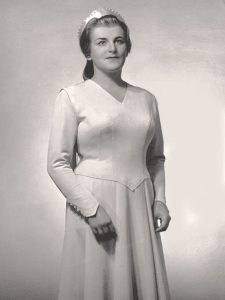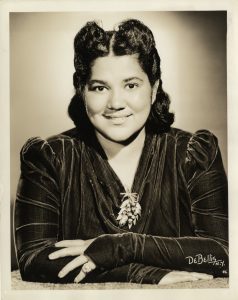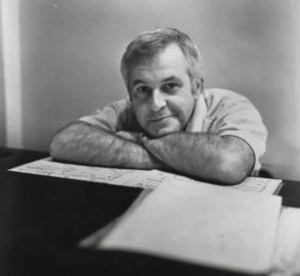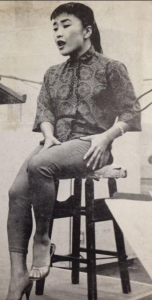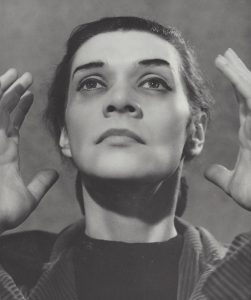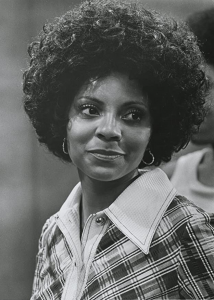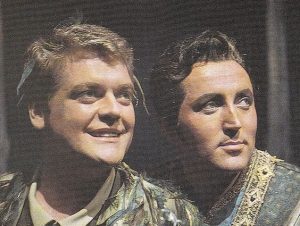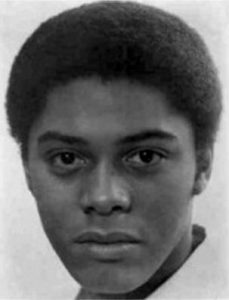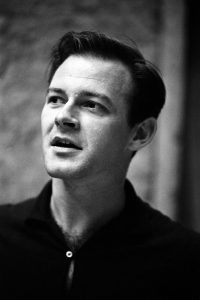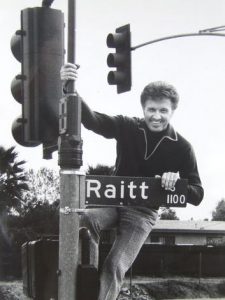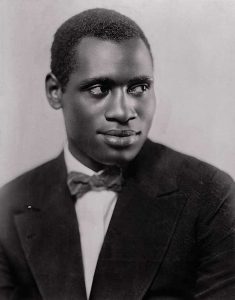Podcast: Play in new window | Download (Duration: 1:27:36 — 84.4MB) | Embed
Subscribe: Spotify | TuneIn | RSS | More
Yesterday was a crucial celebration for all US-Americans: Juneteenth. In honor of that event and in continuing observation of Pride 2025, I offer today an episode in honor of the great Joséphine Baker (1906 – 1975). I have been an avid (not to say rabid) Baker fan for more than thirty years, so when she was inducted by the French government into the Panthéon in the fall of 2021, I took the opportunity to devote a pair of Countermelody episodes to her. This refurbished episode includes personal reminiscences about my journey on the route to full Bakermania, while the bulk of the musical content consists of possibly the most vibrant extant live recording of Joséphine Baker, which took place on 30 June 1963, the final performance of her month-long engagement at the Tivoli Varietéen in Copenhagen. I’m pretty sure it’s not currently available elsewhere on the interwebs. Joséphine Baker’s magnetism, seductiveness, self-mockery, sauciness, and sincerity are all on full display. Some favorite and/or rare Baker material rounds out the episode, including a pair of Pathé recordings made during the War, when she was an active member of the French Resistance; the soundtrack of an early sound film in which she performs her signature number, “J’ai deux amours”; a recording made in conjunction with her final performance at the Bobino in Paris in 1975 (just before her death); a 1966 live recording from one of her many appearances in Havana; and her final appearance in her native United States at Carnegie Hall on 05 June 1973, in which a laryngitic, nearly voiceless Baker delivers her artistic credo in a riveting performance of “My Way.” The episode begins with a tribute to the late Alfred Brendel.
Countermelody is a podcast devoted to the glory and the power of the human voice raised in song. Singer and vocal aficionado Daniel Gundlach explores great singers of the past and present focusing in particular on those who are less well-remembered today than they should be. Daniel’s lifetime in music as a professional countertenor, pianist, vocal coach, voice teacher, and journalist yields an exciting array of anecdotes, impressions, and “inside stories.” At Countermelody’s core is the celebration of great singers of all stripes, their instruments, and the connection they make to the words they sing. By clicking on the following link (https://linktr.ee/CountermelodyPodcast) you can find the dedicated Countermelody website which contains additional content including artist photos and episode setlists. The link will also take you to Countermelody’s Patreon page, where you can pledge your monthly or yearly support at whatever level you can afford.
